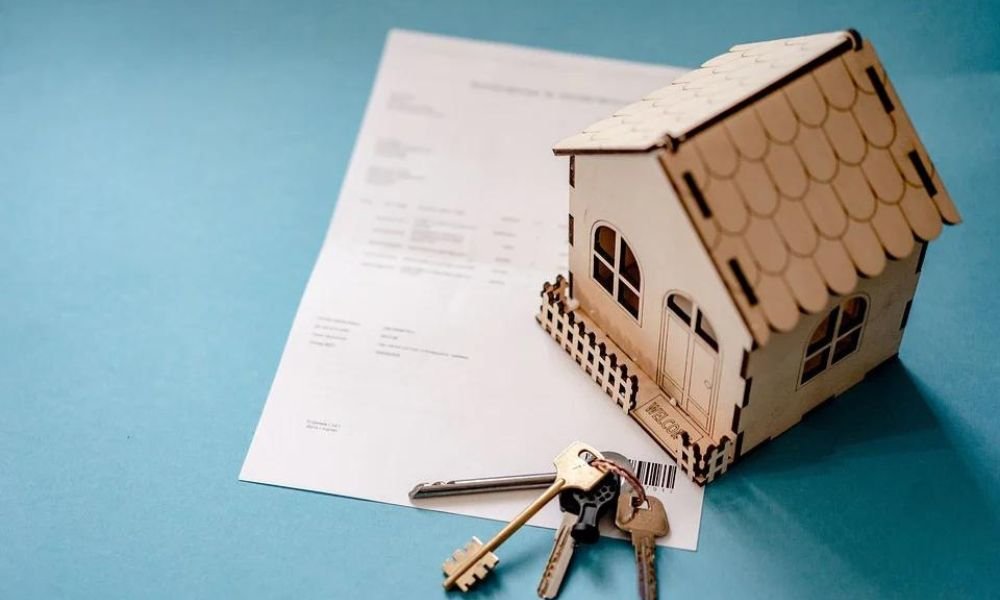Last updated on February 19th, 2024 at 04:16 am
In order to purchase a home, most people require the assistance of a mortgage. Most people simply don’t have hundreds of thousands of dollars lying around and need to borrow it from a bank or other source.
When looking for a home it is also a good idea to get pre-approved for a mortgage. This shows sellers and agents that you are serious about your search for a home.
But before you can even apply for a mortgage or home loan (or be pre-approved), you need to have the right documents ready to go. With that in mind, this article is going to go over some of the most important documents you will need when applying for a home loan.
Proof of Income
Of course, one of the first things that a lender will want to see when you want to borrow money of any kind is proof of your income. If you don’t have any income, or it is not satisfactory, it will be challenging to borrow as you may not be able to pay it back on time.
There are many forms of income verification that are acceptable by the standards of most lenders. This includes things like W-2s or pay stubs. You may also need to provide a job letter from your employer, too.
If you are self-employed and thus don’t get pay stubs or similar documents, you may need to show bank deposits or other documents or forms showing that you have consistent income coming in. Also, showing your tax returns from the past few years might suffice, as well.
Bank Statement

Another type of documentation that you should be prepared to show and share when applying for a home loan is bank statements. If a lender wants to have a better idea about how risky you are to lend to, they may request to see your statements to see how much money you currently have. They want to ensure that you have enough in your account to actually pay the mortgage consistently, and your statements can help prove that.
In addition to your bank account, lenders may want to see statements for investment accounts, and also see things like insurance. They may request information on other types of assets that you have, as well. In many cases, lenders will want to see a couple of months of statements to get a full picture of your financial health.
Credit History
Documents relating to your credit history may also want to be observed by lenders. Lenders will often pull your credit report to see how you have dealt with borrowing money in the past. If there are past issues, you will need to explain them to the lender. Lenders will use this report to get an idea of the quality of borrower you will be, and if you will consistently make payments on time.
As for the credit score needed to buy a house, it depends. You generally want it to be at least 620, but the actual score depends on the type of mortgage you are getting, the lender you are working with, and other things like your income, down payment, and the amount you’re trying to borrow. In general, the higher your credit score and the cleaner your report, the easier it will be to find a mortgage, and the more favorable the terms will be.
Personal Identification
Providing personal identification of some kind when applying for a home loan is also something you should expect. The lender will want to verify just who you are, so be prepared to bring everything from your driver’s license to your social security card, to your passport, or even a taxpayer identification number.
Each lender will have its own rules and regulations when it comes to verifying identity, but in most cases, expect to have to show at least two pieces of ID. This might seem unnecessary, but identity theft can be a major concern, and lenders want to go above and beyond to ensure that they are lending to the right person.
Information About Other Debt
Many lenders will also want to see some information or data about the other types of debt that you have. Because they want to get the full picture of how much income you have available to put towards your mortgage, they need to know what you are spending. While things like groceries and utilities won’t count as or be looked at as debt, things like car loans, credit card debt, and student loans will.
Having debt won’t stop you from getting a mortgage, however, as it is more related to how much debt you are paying each month vs. how much you are bringing in.
If you already have a ton of debt that you can barely cover each month, many lenders won’t feel comfortable giving you even more in the form of a mortgage. Keeping your debt-to-income ratio as low as possible when searching for a mortgage can certainly help you find more success.
Final Thought
In conclusion, we hope that this guide has helped you learn a bit more about the documents you will need when applying for a home loan. These might not be each and every document that your exact lender will ask for but are certainly some of the most common to expect.
















